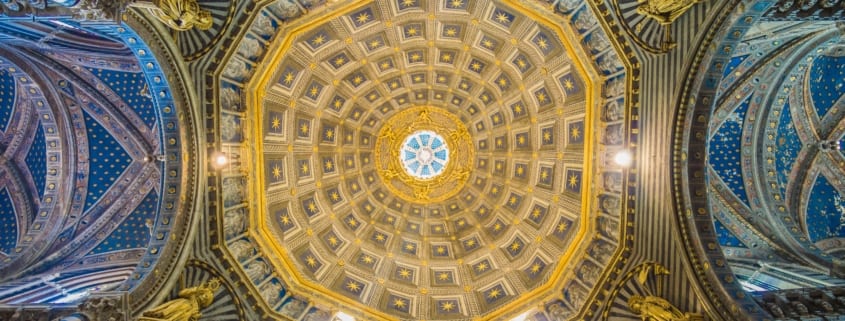God Revealed as the Holy Trinity
God Revealed as the Holy Trinity
One of the most interesting and complicated facets of Christianity is the Holy Trinity. Simply put, the Trinity is the three essences of God: the Father, Jesus, and the Holy Spirit. I get a lot of questions about this concept and its meaning. From a theological standpoint, it is very complicated, but once understood, it is invaluable to our lives.
The Christian doctrine of the Trinity (from the Latin “trinitas” for threefold) holds that God is one God, but three coeternal and cosubstantial persons. While not completely evident in the New Testament, there are a number of Trinitarian formulas or references. The early leaders of the church sorted this out in the early part of the fourth century.
God itself as a concept and God’s existence was never the issue; the question for early Christians to resolve and decipher was: how did Jesus and the Holy Spirit enter the realm of God?
First, was the divinity of Jesus.
Some thought of Jesus as a being that achieved divine nature through being “begotten by God”—in other words, created by God. This concept was formulated by Arius in the early fourth century. While controversial and later dismissed, this theory launched an important debate amongst the bishops and theologians of this period. It was ultimately resolved at the Nicean Council in 325 AD. Central to this debate was: when did Jesus exist? The answer to this question establishes a second figure of the Trinity.
Critical to this debate is the first line in the Gospel of John which says: “In the beginning was the Word, and the Word was with God, and the Word was God.” In this line, the “Word” is Jesus. We know this because of the capitalization of “Word” and the intent of the Gospel of John, which was to persuade early first century people to believe in Jesus. With that understanding, if you substitute Jesus in the sentence, it will read: “In the beginning was Jesus, and Jesus was with God, and Jesus was God.” In other words, Jesus existed from the beginning and was both with and was one with God.
At the council of Nicea, the Arianism views were successfully dismissed by Athanasius. The early church leaders agreed with Athanasius and proceeded to include this concept into the approved Christian doctrine of the Trinity.
The third and perhaps most difficult entity to fully grasp is the Holy Spirit. The Holy Spirit is within each of us. In First Corinthians [6:19] it says: “Or do you not know that your body is a temple of the Holy Spirit who is in you, whom you have from God, and that you are not your own?” When I first came across this verse, it was a remarkable revelation for me personally. It gave me hope and a greater sense of my personal sacredness.
The idea of the Holy Spirit was wrestled with for many years by the early church fathers. The major question was: Did the Holy Spirit exist from the beginning or was it added later by Jesus and God? Some denominations believe the former and others the latter.
The essence of the Godhead
God the Father, Jesus, and the Holy Spirit as three entities in one has been debated for centuries. When I was in theological school, I would hear various opinions from my professors and fellow students. Each had opinions that were uniquely different, leading me to the conclusion that, while the debate is very important, it is also about how one feels and how they have journeyed with God. Some, like my fellow student Wendy, feel very attached to the Spirit. For Peter, another fellow student, it was about the authority of God. While both believed in the Trinity, they expressed their feelings differently based upon how they interact with God.
This debate will continue for many years to come, driven by the many and varied relationships that people have with God. To me, it is more important that we know that God (the Holy Trinity) meets us where we are. Like snowflakes, each of us has a personal and unique relationship with God (the Holy Trinity).
Our lives have shaped the lenses of how we view and interact with God. It is never static and ever-changing. We can see this when we read a verse in the Bible and feel a certain meaning. Revisiting this same verse later, it might mean something else entirely. Both meanings are sacred but reflect how our personal relationship with God has changed.
So, while I concur that trying to understand the Holy Trinity is a rich and educational experience, it is also important how we both approach and meet God. This makes our experiences more personal.
Reflecting on this relationship in our daily prayers and conversations with God is a healthy state of being and one from which we all grow in our faith.
Blessings, until next time,
Bruce L. Hartman
Dr. Bruce L. Hartman is the author of Jesus & Co. and Your Faith Has Made You Well.
Photo by David Siglin on Unsplash



